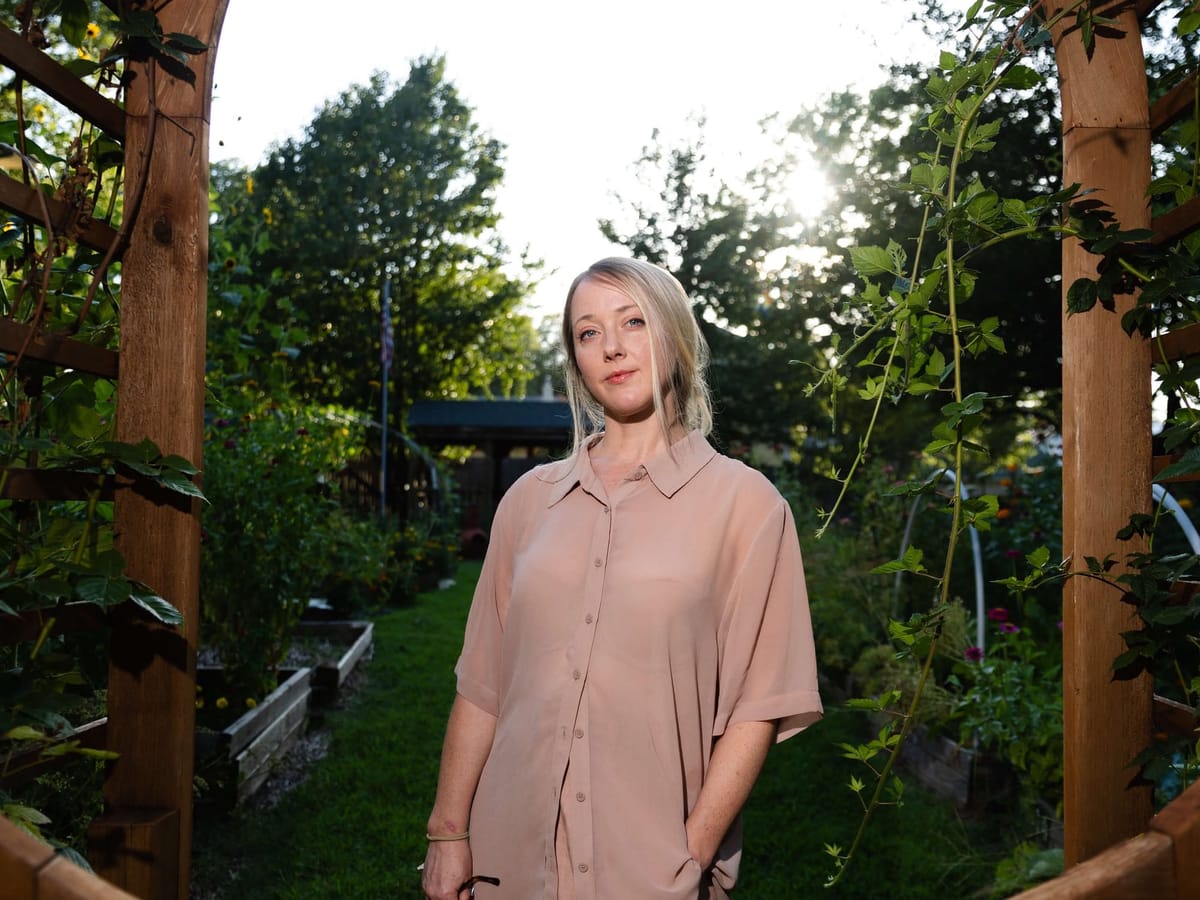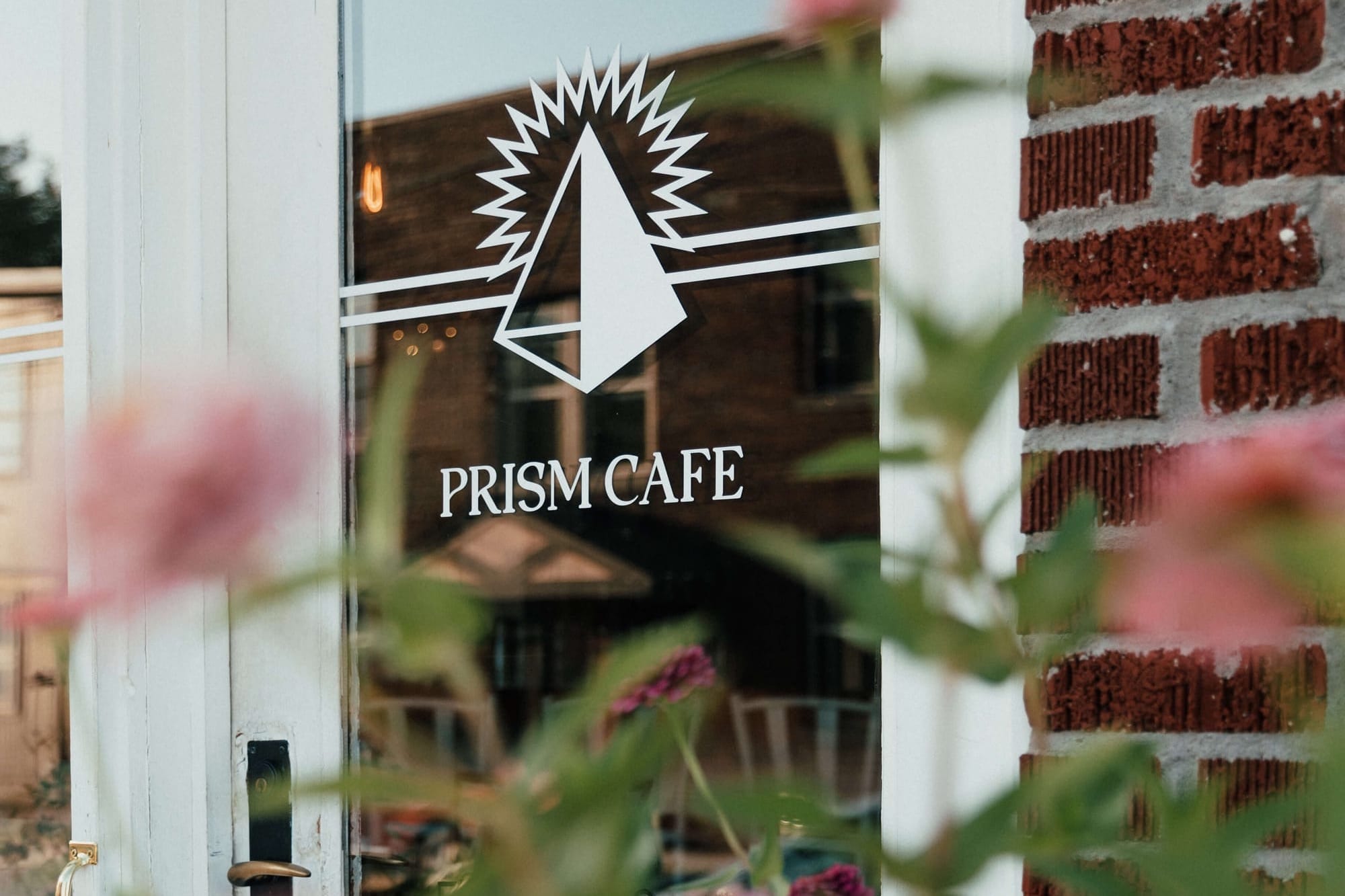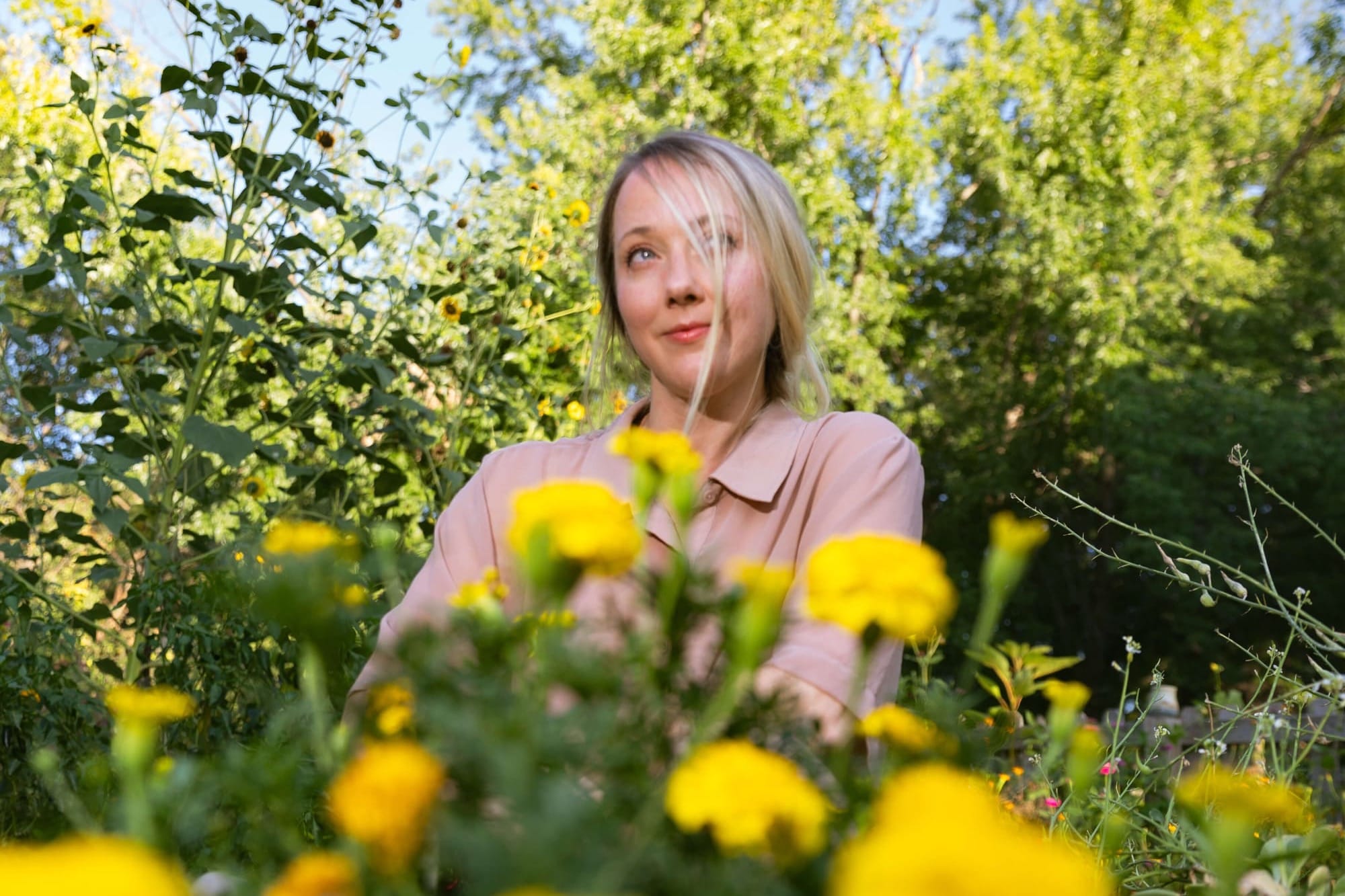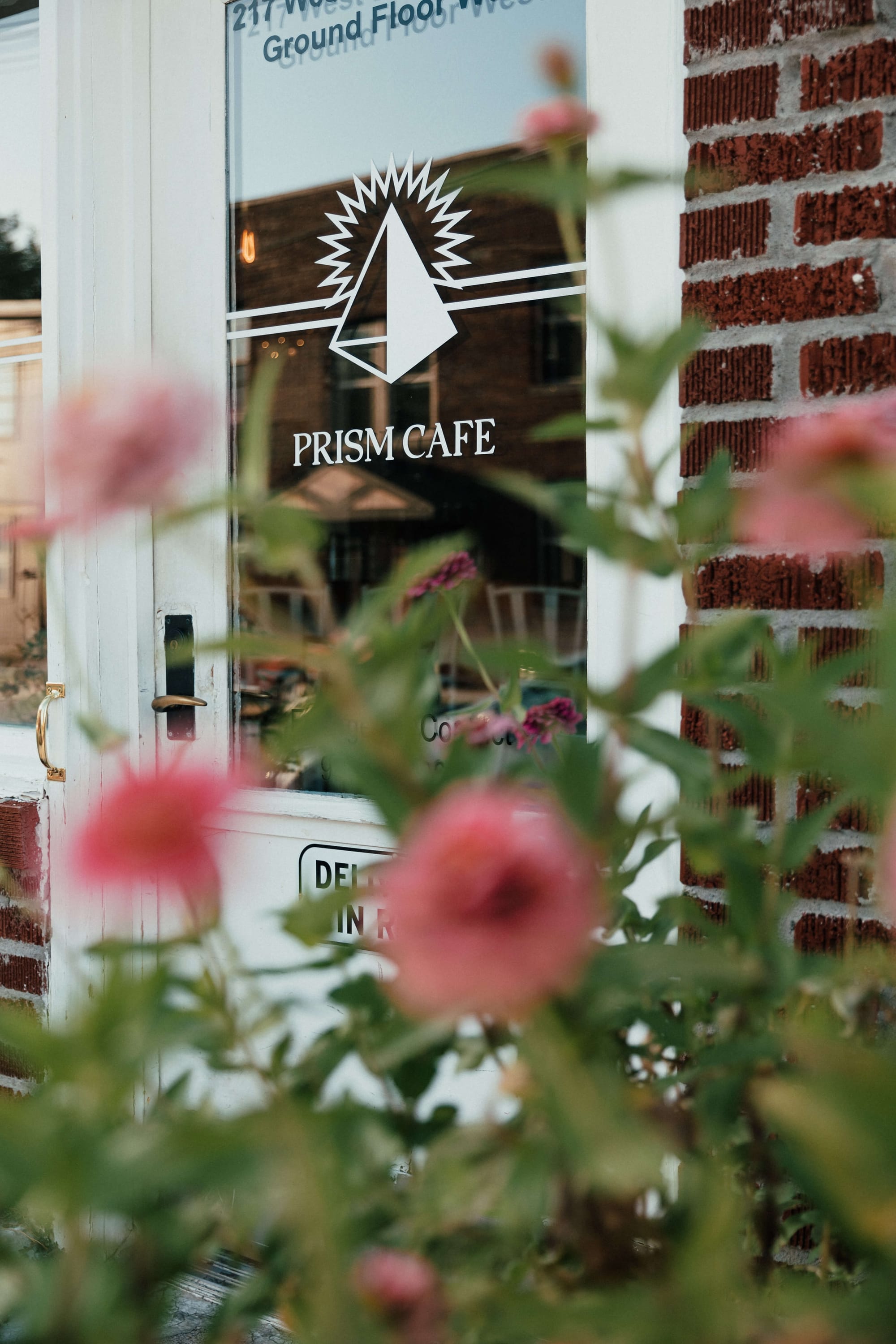
In 2008, a writer from Flavorwire Magazine called Aimee Hunter, owner and executive chef of Prism Cafe at 217 W. Latimer St. in Tulsa, “a pioneer of the pop-up scene.” It’s an identity she’s taken to heart, and for good reason.
Hunter understands that pop-up dinners are about possibility. Throwing a good one requires a reverence for the temporary, and reimagining what something is into what it could be. It takes a certain je ne sais quoi to transform a space, and a willingness to be transported and surprised. It’s what allows us to see a warehouse’s pull-down grate as a portal to another world, or to find an oasis garden party waiting in the corner of a back alley, table set and rose flowing. For Hunter, these are scenes from pop-ups past.
“I love a pop-up,” she admits. “A restaurant tells you what it is, or what the experience should be. A pop-up tells you what something could be.”
Hunter spent years working in commercial kitchens, loving the work but hating the industry. As stories like Kitchen Confidential have popularized, the territory came with challenges: low wages, often being the only woman in the kitchen, harassment, getting pigeonholed in some male chef’s take on “women’s work.”
“I once had a chef tell me, ‘You can only handle lettuce or sugar,’” Hunter recalls, shaking her head. “I thought to myself, ‘Fine; I’ll just create my own ladder.’”
That ladder led Hunter—a Texas native and Tulsa transplant by way of the Tulsa Remote program—to Oklahoma. Opening Prism came soon thereafter when a neighbor put out a call for a new tenant in a commercial catering kitchen in North Tulsa’s Heights neighborhood, just a stone’s throw away from the bountiful Heights Garden.

At its core, Prism serves elegant, locally sourced cafe food—and “whatever’s fresh” is always the first ingredient. As a firm believer in the power of organic, nutrient-dense food to heal and nourish, Hunter leans heavily on the bounty of Oklahoma-grown micro-greens, herbs, fruits and vegetables harvested from the neighborhood gardens and fields for her menus. Thanks in large part to gardener Chris Arnold and purveyors like Avery Farms, Microlicious, Prairie Creek Farms and the OK Mushroom Guys, mortadella sandwiches, lobster rolls and homemade soups are standard at lunchtime, and dishes like braised beef and potatoes, linguini vongole, banh mi burgers and pistachio cheesecake bring a special, homemade flair to supper.
Hunter said Prism toes the line between “modern grandma comfort food and … fun!” Indeed, fun is always on the menu, which is hand-written daily on butcher paper and taped to the wall, adorned with sketched flowers and flourishes. It’s one of many touches, like the tiny vases of flowers on each table and the hand-me-down blue church pew snagged from neighbors at Origin Coffee, that make the brightly lit but otherwise spare space feel homey.
Each day’s menu considers whatever technique Prism’s staff has recently been perfecting (say, braising or searing), whatever’s fresh at the market and whatever the weather calls for. Hunter reads the day and writes her menu inline, knowing that a rainy Sunday in June calls for moules frites, but that a sunny afternoon in the same month demands a fresh, herbaceous corn salad with pillows of local burrata—a bright, cool dish made to stave off the sweltering summer heat. In this way, the restaurant is aware of itself and its context. And although in some ways Prism feels plucked off the streets of Green Point, Brooklyn, or Venice, California, its palate and personality are decidedly for Tulsans, by Tulsans.
Perhaps this is what makes it so beloved: Prism is fast becoming the lunchtime headquarters of Tulsa’s creative scene, equal parts off-the-beaten path gem and “who’s who” haunt. “It’s very ‘If you know, you know,’” explains early adopter and local comedian Evan Hughes, whose patronage has won him his own sandwich on the menu, The Evan. “I once walked in and saw Sterlin Harjo, John Fullbright and Josh Fadem all there on the same day, separately. It’s almost like a local show or event, but with food. I go in almost every day.
“It’s easy to root for Prism because it started in such a different way,” he continues. “Lots of things start with a lot of money and resources, but Aimee’s story is nothing like that. It really grew out of the neighborhood. She’s gotta be impressed by how the community has responded.”

“I think I’ve always had just the right amount of a plan. No more, but no less. Halfway through the meal, I might still be figuring it all out.” –Aimee Hunter
Approaching two years later, it’s still setting crowded tables, still experimenting with the temporary, still modeling radical inclusivity. At its core, the Prism experience is about openness —to surprise, to a shift, to change. While some eateries thrive with a standard menu and approach, Hunter’s formula has proven to be less structured than that.
“I think I’ve always had just the right amount of a plan,” she explains. “No more, but no less. Halfway through the meal, I might still be figuring it all out.”
Since opening, Prism has extended its hours, added team members and nightly happy hour and dinner service—but Hunter plans to
retire both in the coming weeks. She’s ready to pivot back to her sweet spot: the pop-up dinner.
“I don’t enjoy consuming someone else’s ego on a plate,” Hunter says. “So I think pop-ups, and providing an experience where there actually might not be perfection, or this target of extreme professionalism, feel more aligned to who we are and what we’re doing.”
Moving forward, Prism will focus on curated pop-up dinners, collaborative events and cooking classes, including a hands-on crash course in “legendary techniques” and a pop-up series featuring the seasonal harvest of the week.
“I feel like Prism is a culinary community space, full of potential to adapt to the needs of the community through the concept of culinary creation,” she says.
Shedding the structure of a regular restaurant feels like an attempt to see Prism as a space that facilitates connection through food, as opposed to one that merely delivers it. “Culinary creation” might mean a cafe one day, the venue for dinner and a show the next, a space for cooking classes on another. “The truth is,” she points out, “I’ve always just felt more comfortable in the DIY scene.”
Whatever iteration or era Prism finds itself in next, it’s guaranteed to be homegrown, imperfect, maybe a bit temporary, full of magic.
“What can I say?” Hunter asks. “I’m a Pop-up Pioneer. Time to get back to my roots.” •


